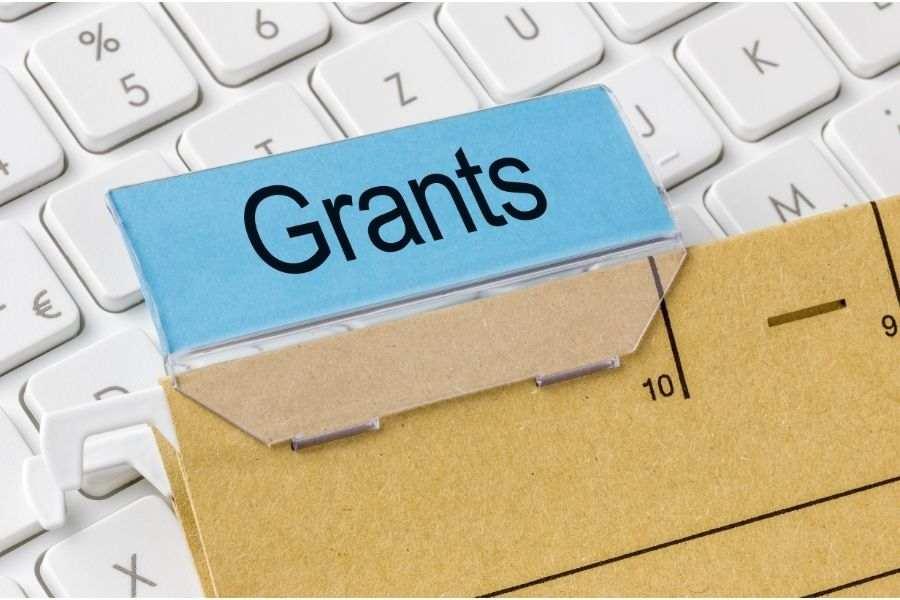
Grants Debunked
Whether you are starting a social project, an innovative research initiative, pursuing high school education, renovating your home or anything else, sufficient funding is paramount. At present, the most reliable and affordable source of securing financial aid is “Federal Grants”. Federal grants are free funding provided by government agencies, private corporations and non-profit organizations for different purposes.
However, being such a vast topic, it is filled with unlimited myths and misconceptions that hinder your chances of securing the right grant. From grants are free to it is only for non-profit organizations, the list of myths is never-ending. Such myths can make you lose a lucrative grant opportunity to secure good funding for your project purpose or needs. Therefore, in this article, we will debunk some of the most common myths about grants to help you acquire clear and precise information and make a correct decision.
Grants are Free Money
The first and most common myth about government grants is that they are free money, and you can do anything with the grant amount. The reality is, in the literal sense, grants are free money that does not need to be repaid. However, there are many rules, obligations, expectations, etc., that come with securing money via government grants. You must explain how the funds will be used and keep a report on how they are used during the projects. Besides that, you must meet the specific outcomes outlined in the grant proposal while also adhering to all rules. If rules are not followed or there is some imbalance in budget allocation, the granter may demand repayment.
Grants are Easy to Get
Many people think that grants are easy to get – you just need to apply with the required documents and can win the grant. The reality is grant funding is highly competitive and requires proper research, extensive planning and well-crafted proposal. You have to give ample time to prepare documents, budget allocation, expected outcomes, project timeline, supporting evidence, impact predictions, etc., to impress the funder. Besides that, you need to write a creative and impactful grant proposal that aligns with the funder’s priorities and must stand out from the crowd.
Grant Money Can Be Used for Any Purpose
It is a common misconception that grant money can be utilized for whatever purpose the applicant desires. The reality is that specific grants are awarded for specific purposes, and you need to use them for that particular purpose only. The specific guidelines, scope, restrictions and usage of grants are generally outlined by the granter in the rules and instructions section. For example, if there is a grant taken for some research purpose, it cannot be used for any business, community development, or education-related activities. Therefore, make sure to use the grant for the purpose mentioned in your project proposal only, as you need to prepare and present a report to the funding company.
Grants are only for Non-Profit Organizations
Although there are more grants available for non-profit organizations, the number is not less even for for-profit organizations, educational institutes and individuals. Grants are available in various forms and for different needs and purposes. The for-profit organizations whose purpose is to stimulate the economy, create jobs, conduct innovative research, contribute to sustainability, support low-income families, etc., can also receive grant funding. They are provided to promote innovation, foster small business growth and develop new products. Additionally, there are grants for individuals, including students, artists, athletes, researchers, scientists, etc.
You need a Professional Grant Writer to Apply for Grants
Although grant proposal writing is the most important part of a grant application, it’s not necessary for you to need a professional writer to write it. With good writing skills, you can easily write the grant without any professional assistance. You just need to take care of mentioning all the required information while adhering to the guidelines given. Ultimately, what matters most is whether you have added important information such as project scope, budget allocation, goals, impact, expected outcome, project timeline, supporting evidence, detailed plan, etc. There is no guarantee that taking the help of a professional writer get you a grant.
It’s too Hard to Find a Grant
Finding the relevant grants is not rocket science. You just need to research for the grants via the right sources, such as government websites, online databases, social media accounts, seminars and conferences, etc. Besides that, you can network with peers, professional associations, non-profit organizations and potential collaborators who can help you with the grants. The simplest way is to visit grants.gov, the official grant application website in the US. Add the filters, including keywords, location, project scope, required fund amount, geographic location, etc. You will get a complete list of grants available matching your requirements.
Grants Cover All Expenses
It is a common myth that grant funding covers all the expenses related to a project or initiative. The reality is they cover costs only for specific project items and expenses but not everything. The costs it covers relate directly to the development and implementation of proposed activities. While applying, you should check the outline carefully to see which type of costs the grant funding will cover and which it will not. This helps you allot funds in the right manner as intended. If you want to cover all expenses, you must obtain additional grants or funds from other sources.
Early-Stage Startups Cannot Win Grants
Another common myth is that early-stage startups cannot win grants even after best efforts. The reality is that although there is tough competition, early-stage startups can win grants if they fulfill their eligibility and provide a clear and detailed grant proposal. There are some grants specifically for startups that support innovation, technology development, social work, business growth, etc. Startup accelerators and incubators are the biggest examples of early-stage startups that receive a great percentage of grant funding every year. Besides that, companies that engage in developing novel solutions for specific problems, creating job opportunities, supporting low-income families, etc., can also receive funding.
Conclusion
Grant funding is a valuable tool to fund various projects and purposes, from new startups and research and development to education, home renovation, social work, etc. We have debunked some of the most common myths related to grants in the US and equipped you with the right knowledge on how grant funding works. The correct knowledge, right approach and strategic planning can help you easily secure the grant for the desired purpose. However, grant funding is highly competitive, and you need to invest ample time and effort into preparing the documents and proposals to maximize your chances of winning.
For More Details NCD!



